Never Stop Learning: A Conversation with Andrew Pudewa
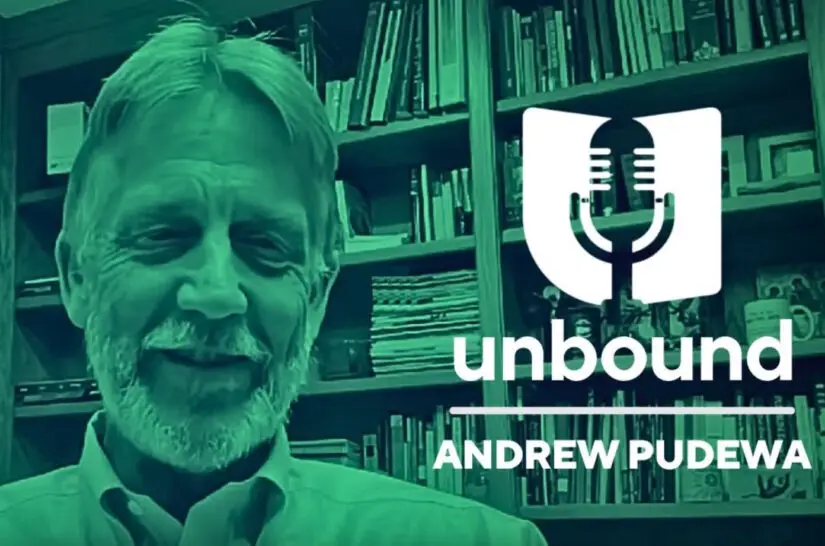
This article is written based on a podcast conversation with Andrew Pudewa. Click here to watch on Youtube. You can also find The Be Unbound Podcast on all of your favorite podcast audio platforms.
“…If you don’t, periodically at least, feel like a hypocrite, you probably aren’t really engaging with your faith. The kind of thing that has to push you forward is your sense of not really living up to the gospel… in a way, [hypocrisy] is part of the condition of being a Christian.”
I rarely know entirely what to expect when I sit down for a podcast recording.
Sure, I know to expect that Jonathan and I will be having a conversation with a guest, and I know they’ll probably have some insightful and interesting things to say.
Yet, somehow, even if I know the person we’re interviewing, there’s just something about a conversation behind a microphone that brings out unexpected, fascinating aspects of a person’s personality.
This conversation with Andrew Pudewa was an excellent example of this.
Introducing Andrew Pudewa
If you’ve made your way to the Unbound blog and you’ve been part of the homeschool world for a time, chances are you probably already know who Andrew Pudewa is.
The future of education in your inbox.
Get productivity tips, commentary, and Unbound updates sent to you!
In the world of homeschooling, he’s about as close to celebrity as you can get.
But in case you aren’t familiar with Andrew, here’s a quick introduction:
Andrew Pudewa is the founder and director of the Institute for Excellence in Writing and a father of seven. Traveling and speaking around the world, he addresses issues related to teaching, writing, thinking, spelling, and music with clarity, insight, practical experience, and humor. His seminars for parents, students, and teachers have helped transform many a reluctant writer and have equipped educators with powerful tools to dramatically improve students’ skills.
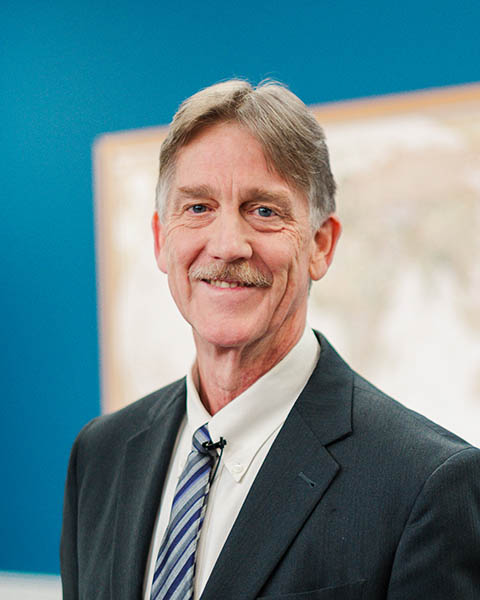
Although he is a graduate of the Talent Education Institute in Japan and holds a Certificate of Child Brain Development from the Institutes for the Achievement of Human Potential in Philadelphia, Pennsylvania, his best endorsement is from a young Alaskan boy who called him “the funny man with the wonderful words.” He and his heroic wife, Robin, have homeschooled their seven children and are now proud grandparents of sixteen, making their home in northeastern Oklahoma’s beautiful green country.
Andrew and Unbound
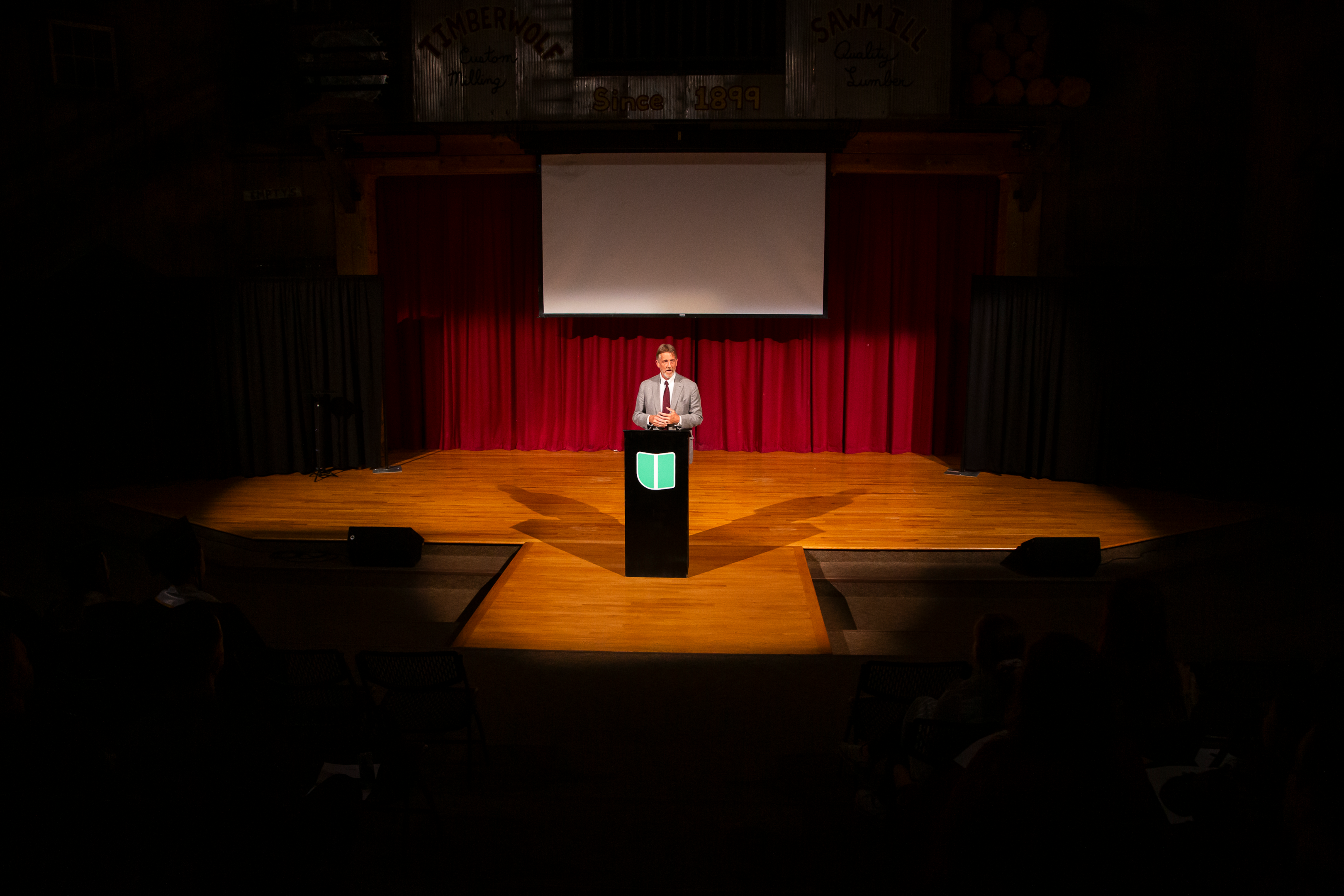
Having met Andrew at a couple of Unbound’s live student events where he has attended as one of our speakers, I knew that he had a very wide breadth of experience, and that he was very thoughtful and enjoyable to listen to. (You can actually hear Andrew talk about his experience at Unbound events in this video!)
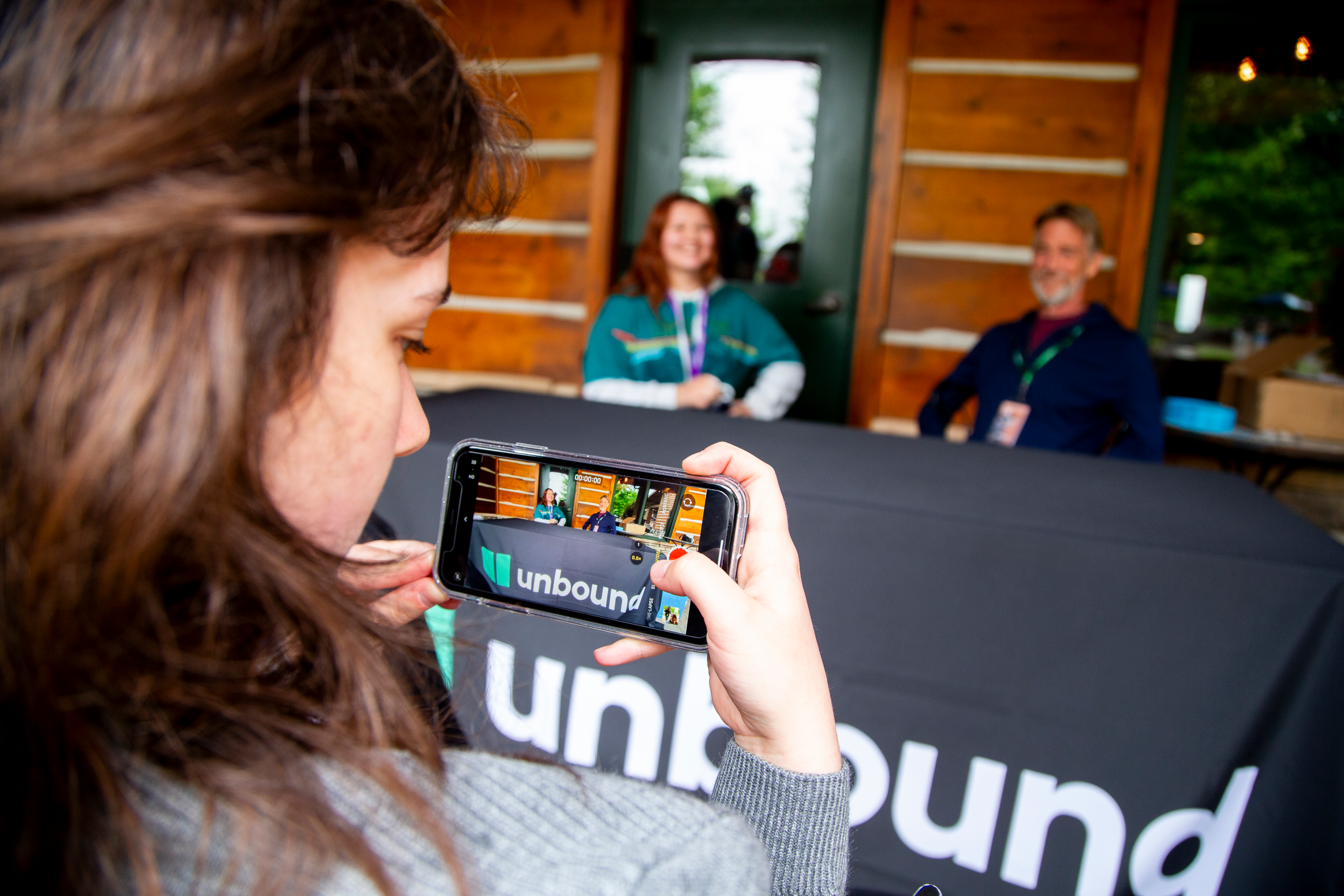
However, what I didn’t expect was that our conversation would cover physical fitness and health, prayer, and even war games.
Spoiler alert: writing was not mentioned until the very end of the episode.
Healthy Habits Really Do Change Your Life
If you are familiar with Andrew, you likely know him for his work through the Institute for Excellence in Writing. However, he’s recently become very passionate about physical health and fitness as well.
In the episode, he tells a story of how he was playing with his grandchildren by the pool one day, and was overwhelmed with joy. He realized that one of his foremost goals from that point forward was to maximize his time with his grandchildren and hopefully his great grandchildren.
However, in that same moment, he also realized to live long enough and stay healthy enough to do that, he’d need to make some serious lifestyle changes.
The impact of physical, mental, and spiritual discipline

So, Andrew started to research, some on his own, and some with the help of one of his sons, who is a personal trainer.
As he learned more, Andrew started to become increasingly excited about how the human body was designed, and how by taking advantage of the body’s natural strengths, you can dramatically improve the quality of your life.
It probably won’t surprise you to know that, when Andrew gets really excited about something, he invests a lot of time into researching, reading, and learning about that thing.
Andrew’s biggest takeaway from his experience
However, what I found most interesting was that, after he talked about all of the things he’d been learning, and why he had initially set out on this health journey, his biggest takeaway was not what I was expecting:
“The biggest lesson I would share is my awareness now of the integration between physical, mental, and spiritual discipline. That’s something I never had before… once I really started to tune in to what’s really good for my body, it was a natural extension to have some habits of mind that I wanted to incorporate, and then some habits of prayer and contemplation…”
Hearing Andrew say that he found building habits of physical health to be a catalyst for mental and spiritual growth was fascinating to me. It’s actually something we’ve heard from several other guests on the podcast.
This is becoming a theme…

In one of our earlier episodes, Chris Chin talked about how engaging in physical activity with brothers in Christ was one of the most helpful things for him as he and his family recovered from the devastation of hurricane Katrina.
More recently, we also talked to James Glenn, an athlete who said that his workouts bring him closer to God and help him to understand the suffering of Christ better.
We so often compartmentalize these different parts of our lives. It seems unusual to consider the idea that consistent exercise will strengthen our relationship with God. Yet they’re very connected.
I think it has a lot to do with the fact that it takes us away from the business of normal life.
Setting aside the time to exercise takes our focus off of all of the other things that we have to do, and provides a sense of accomplishment that can fuel the rest of our day.
Similarly, when we make time for mental exercises, or time in scripture and prayer, we can gain clarity and fresh perspective before moving back into the chaos of our everyday lives.
Feeling Like a Hypocrite? That May Not Be a Bad Thing.
Speaking of prayer, that was another significant takeaway from this conversation: the importance of prayer.
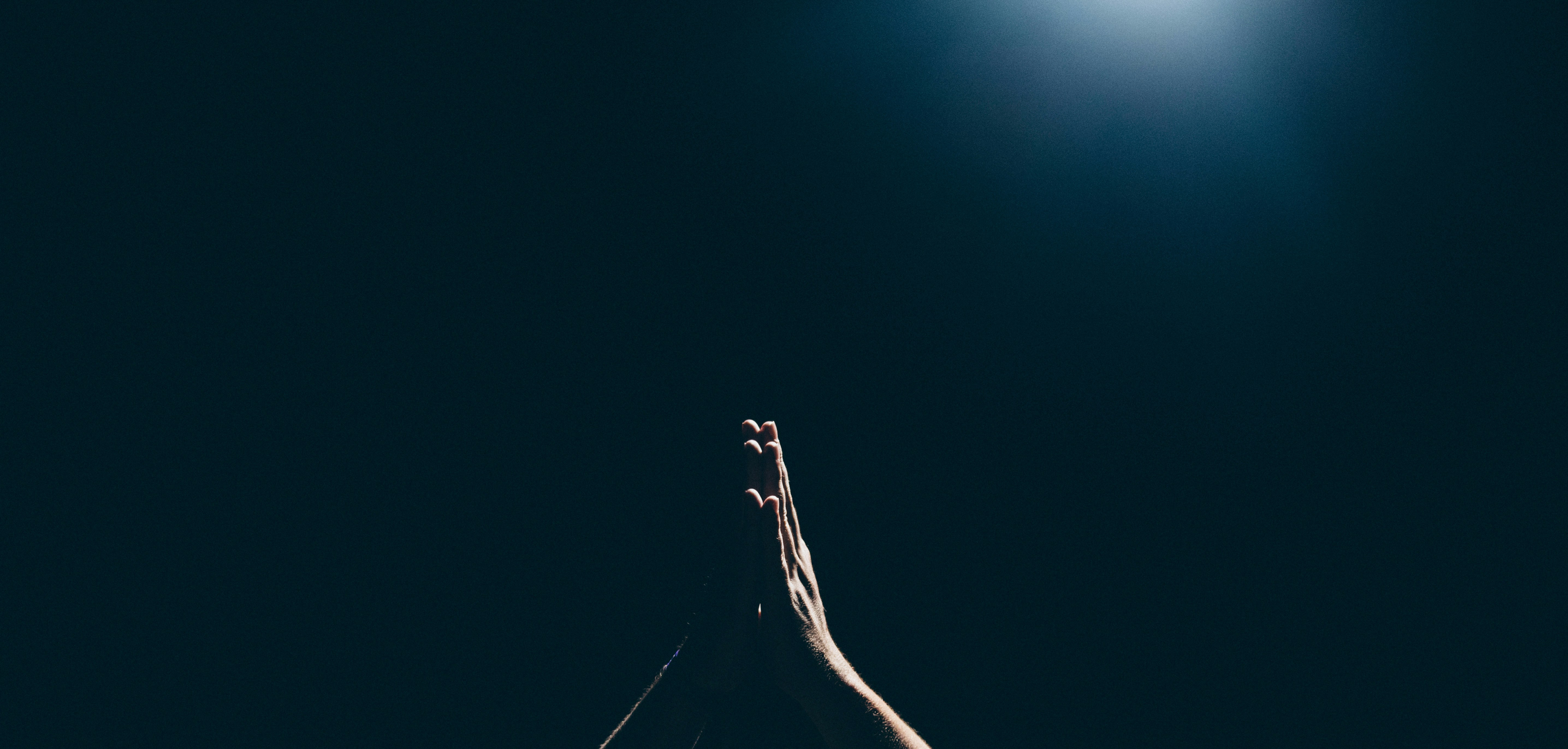
After Andrew brought up how his foray into fitness had also helped his commitment to other healthy habits, such as prayer, Jonathan pointed out that we often use the excuse that we’re “too busy” or “don’t have time” to set aside for habits like these.
Yet, Jonathan mentioned he’s discovered that when he spends more time in prayer and prioritizes fitness, his overall productivity doesn’t seem to suffer.
This brought to mind for Andrew a quote from a couple of Catholic saints, which he paraphrased:
“If I’m busy, I pray for two hours a day. Unless I’m VERY busy, in which case I pray for four.”
Jonathan and I both smiled at that quote, but I also think we both simultaneously thought, “Ouch!”
Jonathan took the opportunity to be very open on the podcast and admit that he teaches a lot of very important and challenging concepts in Unbound, but sometimes catches himself saying something, and then thinks, “if I really believed this thing I’m teaching, would my day have looked different?”
Andrew then brought up a very important point: Christians are often accused of being hypocrites, saying one thing and doing another. While we shouldn’t strive to be hypocrites, the feeling of being one is actually a feeling that can be helpful to us. It gives us the opportunity to see and recognize that, yes, we do fall short of the standards the Bible lays out.
Thankfully, we also don’t have to remain in that place.
When our shortcomings are pointed out to us as Christians, it’s an opportunity to recognize our faults with humility, and yet not become discouraged or ashamed because of them.
Through the sacrifice of Christ, our identity and value is no longer determined by the goodness of our actions: we are now adopted sons and daughters of God, who chose to love us when we were totally incapable of doing so ourselves.
To me, that was one of the most encouraging truths to come out of this episode: our mistakes are not fatal.
Over the course of the rest of the episode, Andrew talked about how so many of the seemingly unimportant experiences that he’s had over the years have shaped how he lives his life today.
God can redeem even the mundane, and the parts of life where we fail, and use them for some really spectacular things.
Want to watch or listen to our full conversation with Andrew Pudewa? Click here to watch on Youtube! You can also find The Be Unbound Podcast on all of your favorite podcast audio platforms.
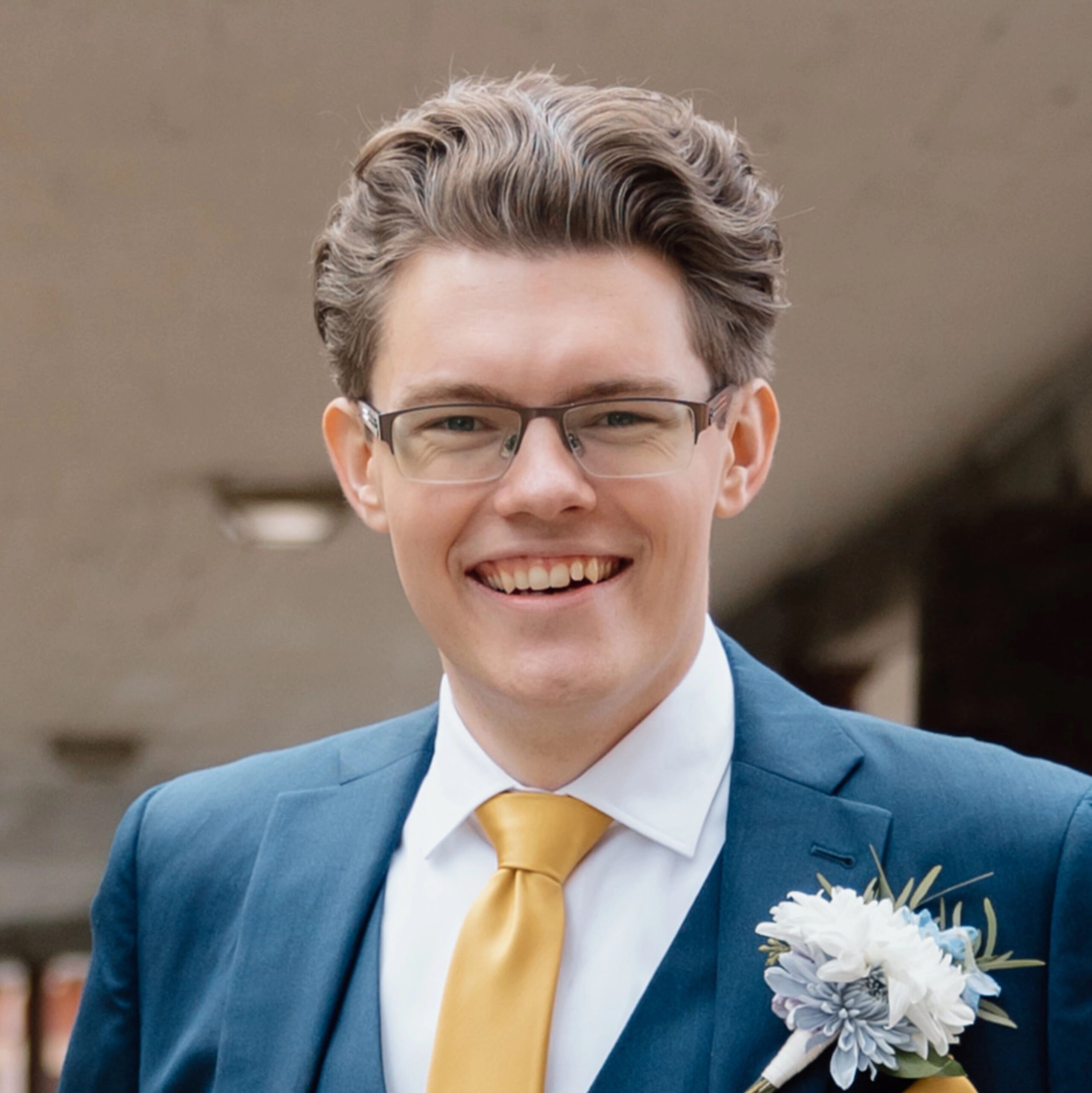
David Rethemeyer is the Marketing Coordinator for Unbound. He was a homeschool graduate by age 16, earned his BSBA through the Unbound program, and finished his MBA from Missouri S&T by age 21. He specializes in branding, content marketing, and digital advertising.
In his spare time, David enjoys gaming with friends, going for long runs on the Katy trail, tinkering with his computer, coming up with Words of Wisdom (ask an Unbound student to explain) serving at his local church, and eating absurdly spicy chicken wings.



